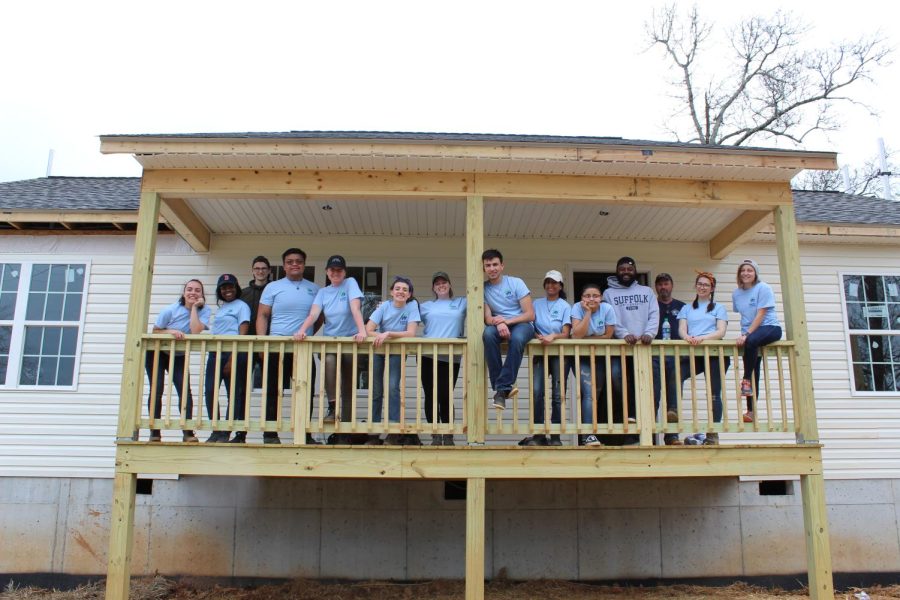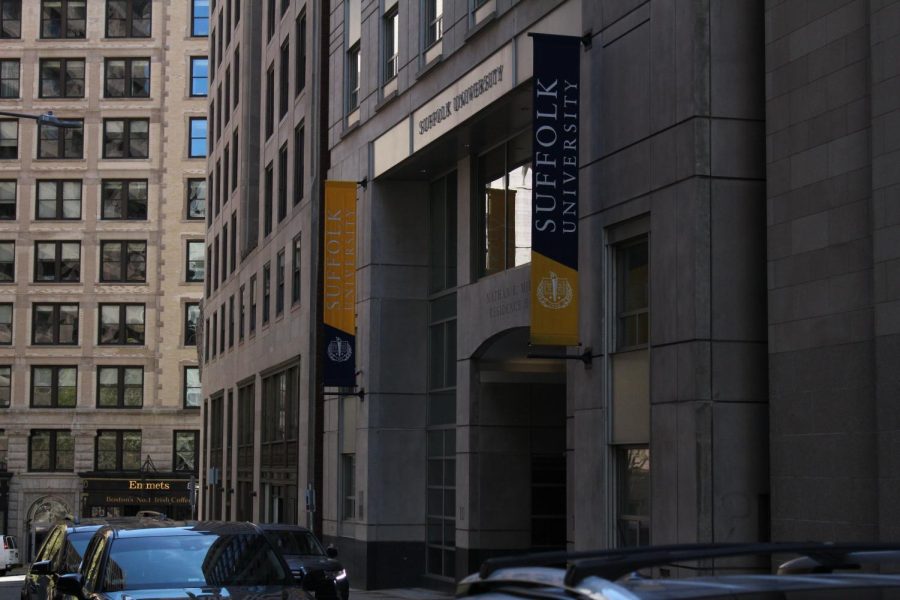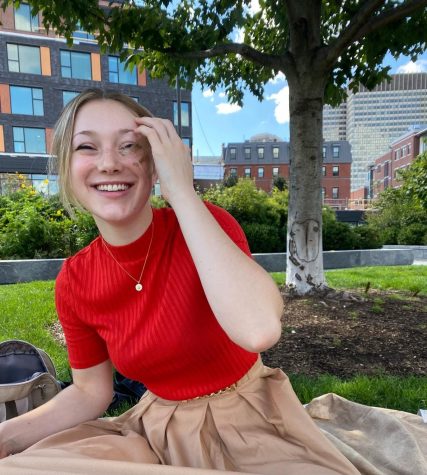Student leaders have been working toward the return of Alternative Spring Break this year, despite setbacks from the COVID-19 pandemic.
The program, which is run by the Center for Community Engagement , was described by Dennis Harkins, assistant director of the CCE, as a semester-long experience where student teams engage in social justice curriculum leading up to a week-long service trip over spring break.
The tentative dates for the program are March 13 to 19.
Jacqueline Lainez, a senior majoring in print/web journalism, is one of ASB’s program leaders and is working to have the program return this spring for students.
“We’re trying different ways to see how we can spread the word to say this is worth it, this is a really great experience,” said Lanez.
The program sends students and staff on a trip during spring break to engage in a week of service, addressing issues such as affordable housing, poverty relief, LGBTQ+ rights, immigration and racial injustice.
The program typically brings students across the country. Some of the previous programs have taken students to Denver, CO, South Bend, IN, Clarkdale, GA, Battle Creek, MI and Washington, D.C.
ASB looked a little different last year due to COVID-19. Those who were a part of the program made care packages for the elderly and veterans, and still dedicated their time to helping others.
“It was all virtual, except when each group met to do care packages for the elderly or for the veterans, but this year we’re trying to bring it back to what it was like before COVID,” said Lainez.
The program meets again after the spring break trip to discuss how they can address the same issues they worked on, only this time, in Boston.
This year, ASB has hopes to bring the program back fully with a spring break trip. Locations are still under consideration, and the program will likely work once again with Habitat for Humanity, an organization that helps to build houses for those in need, since they have worked together in the past, Lainez said.
To apply for ASB, students need to participate in a series of meetings before and after the trip to prepare and debrief. During this time, students will get to know the group, learn about the work that ASB does and receive information regarding the trip. To apply for ASB students must also be in good behavioral and academic standing with the university.
In the past, the ASB program has cost $100, which includes housing, meals and transportation, Lainez said.
“It’s usually been $100 in years past just to make it affordable and accessible to as many college students as possible,” said Lainez.
This program allows students to connect with others from their community and learn outside of the classroom, Lainez said.
Lindsay Gavin, the graduate fellow for ASB, has been a part of the program since 2017.
“I have met some of my closest friends through this program as well as discovering my passion for volunteer and nonprofit work. Our students learn things about themselves, their peers, and the injustices or imbalances in society. We hope to inspire students to go out and do their best to make positive change. We hope to be a starting force in that journey,” said Gavin.
“It’s a really great way to meet someone, to learn with these people, to grow with these people and just to gain a better perspective on the world,” said Lainez.
Applications for this program are currently open now until Nov. 1 at 5 p.m.
Follow Emily on Twitter @emilycSUCJN363




















